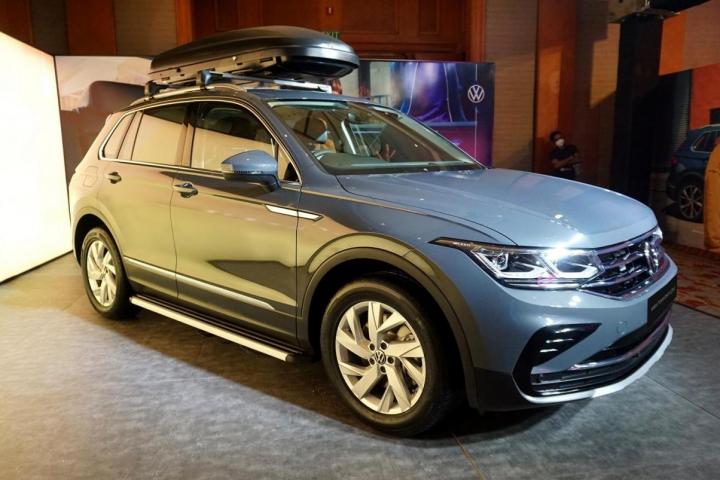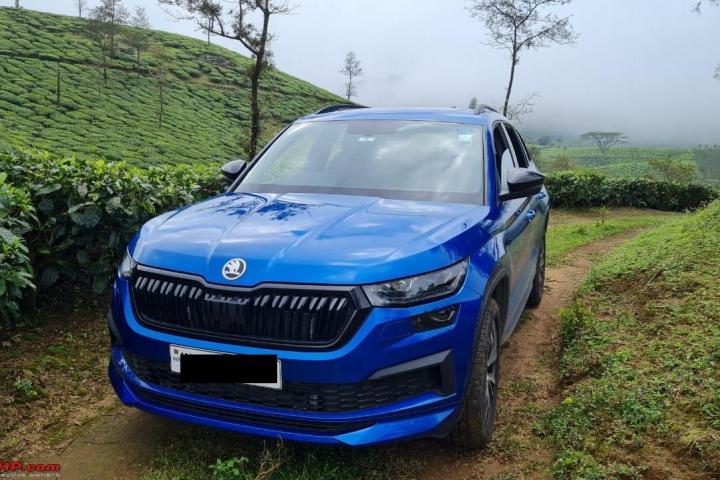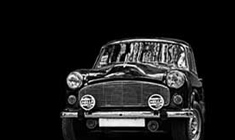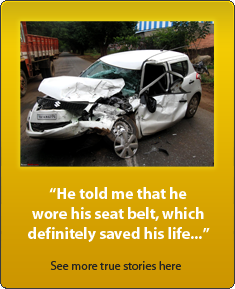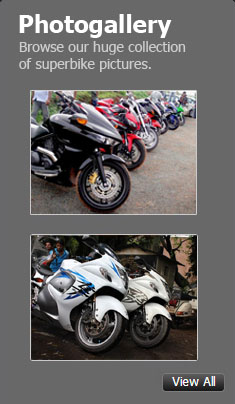News
Used VW Tiguan/Skoda Kodiaq: Confused between diesel and petrol variant
I have heard that one should get a diesel variant for big SUVs and not consider diesel cars when the usage is very low.
BHPian vikeva027 recently shared this with other enthusiasts.
I am after a pre-owned (>2019 and around 25-30L budget) automatic Volkswagen Tiguan or Skoda Kodiaq but not sure if I should go with a diesel or petrol variant.
My usage is around 1000 km per month. I have heard that one should not have a diesel car when the usage is very low. At the same time, I have heard/read that one should get a diesel variant for big SUVs.
I have not been able to get my hands on a Diesel Kodiaq or Petrol Tiguan.
My test drives so far:
- Skoda Kodiaq Petrol 2021: Good to drive
- Volkswagen Tiguan Diesel 2019: Awesome to drive. It is a little stiff and had body roll but pickup was amazing.
Here's what GTO had to say about the matter:
Your running is just 1000 km a month, so either one will do. Plus, the diesels of those times didn't have the BS6 complexity.
Pick based on the specific car available (price, condition, which you like more).
Between the '19 Tiguan Diesel & '21 Kodiaq Petrol, I would pick the Skoda.
Reasons:
- 2.0L turbo-petrol is a jewel of a motor. Tiguan diesel's power delivery is adequate, but nowhere as fun as the 2.0L turbo-petrol.
- That Kodiaq has adaptive driving modes, where comfort does soften the suspension, and sport noticeably firms things up.
- That 3rd row of seats is small, but it can come in handy when friends & family need to be carried. Something is better than nothing.
- I find the Tiguan to be too bland from the outside, very boring from the inside, but more than anything… I'd never be able to live with that kind of stiff ride quality in a premium SUV. My sister owns it and everyone in her family hates the ride quality on broken roads (all the more so since they have a holiday home in Pawna village).
And "one should get a diesel variant for big SUVs" applies more to big, burly body-on-frame SUVs like the Fortuner, rather than car-based crossovers like the Kodiaq, Tiguan, CR-V etc.
Here's what BHPian Asoon had to say about the matter:
1000 Kms / month is not less, generally, if your usage is < 8K Kms/yr then diesel should be avoided, anything above 10K kms annual diesel comes into play. Kodiaq is large, has more utility, has better road presence compared to Tiguan.
Both engine options (petrol / diesel) are great, I would prioritise service history, vehicle condition over the choice of engines, one has to be extra careful with the evaluation, service record, past body works, or any other issues when it comes to getting preowned German cars.
Here's what BHPian AnandRed had to say about the matter:
My experience says never buy a petrol VW Tiguan. Our average mileage with the petrol 2L engine within the city is very low - 7 kmpl to a max of 8 kmpl only. The Diesel Tiguan is best, as we own both of them.
Here's what BHPian anjan_c2007 had to say about the matter:
These two models are almost CBUs and are assembled from semi-knocked-down (SKD) imported components. Hence as you are zeroing in on 2019 models of the two brands, I am sure that by now the OE must have refreshed both these. Hence, compared to those models of the same manufacturer that are manufactured here, the imported models (premium ones) are not manufactured here, due to the low sales these report. It is not good economics for the OE should they decide to manufacture these with low sales here.
It so happens that such imported components, assembled new cars/SUVs are the most contemporary ones from Germany / or from their country of origin. That's not a big advantage for those who like to buy these as used cars, many years later. The best customers for these in India are those who buy them new, use them for about five years and swap them for a new one.
The problems galore that arise when these slightly older ones are still used by owners include spares and repairs. Spares and repairs become difficult to come by for which only the ASC is to be almost fully depended upon. I know cases where such cars/SUVs were stuck up at the ASC for want of spares for a month or more.
Hyundai Tucson and Santa Fe are cases in point where owners are frustrated with ASCs for the not-so-readily available spares.
Hence, I would keep a safe distance from such slightly older, but premium used cars/SUVs.
Check out BHPian comments for more insights and information.



